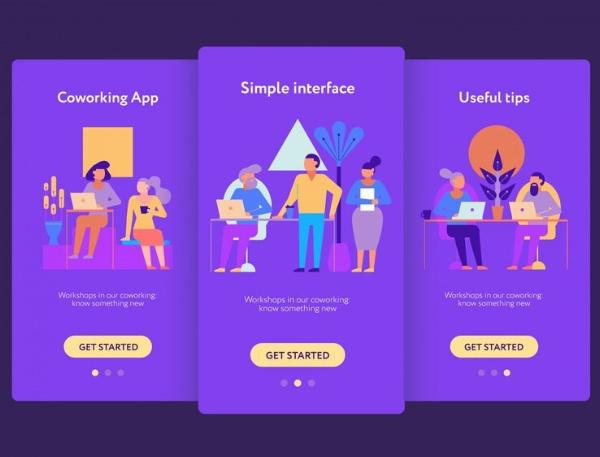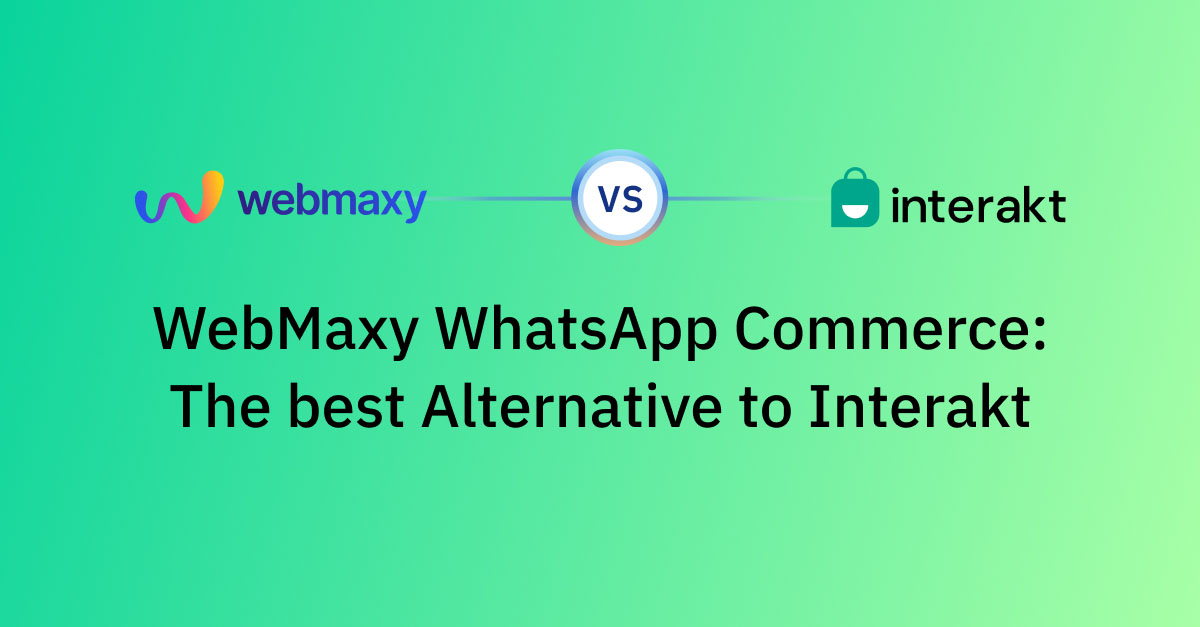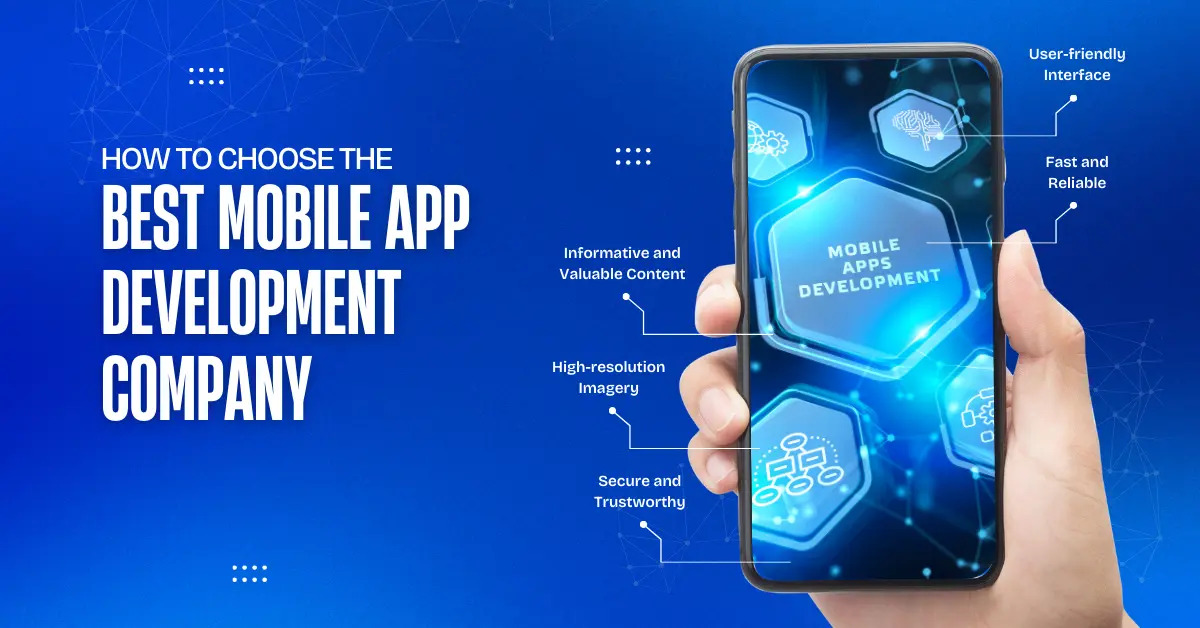Mastering .NET Cross-Platform Development: Build Apps for Any Environment

Strong 8k brings an ultra-HD IPTV experience to your living room and your pocket.
Introduction to .NET Cross-Platform Development
Have you ever wanted to build an app that runs seamlessly on Windows, macOS, Linux, iOS, Android, or even cloud environments without creating separate codebases? If yes, then .NET cross-platform development is the perfect solution for you. With its rich features, robust tools, and growing community, .NET is changing how developers think about creating applications.
In this guide, we’ll dive deep into what makes .NET Core a game-changer for cross-platform development. Whether you’re a seasoned developer or just starting, this article will show you how to master .NET for building apps for any environment.
What is .NET Core?
.NET Core, now known as .NET (since .NET 5), is a powerful, open-source framework for creating applications that run on multiple platforms. Unlike the earlier .NET Framework, which was Windows-only, .NET Core is platform-agnostic, meaning it’s designed to work on Windows, macOS, and Linux.
Why Choose .NET for Cross-Platform Development?
Flexibility: Code once and deploy anywhere.
Performance: It’s faster and more efficient than traditional frameworks.
Open-Source: Supported by a vibrant community and backed by Microsoft.
Unified Development: With frameworks like .NET MAUI, you can use one codebase for web, mobile, desktop, and cloud applications.
Advantages of Using .NET for Cross-Platform Development
1. High Performance and Scalability
As indicated by our tests, applications built with .NET are faster and more reliable. For instance, TechEmpower’s benchmarks show that ASP.NET Core ranks among the fastest web frameworks in the world.
2. Open-Source and Community Support
Drawing from our experience, the open-source nature of .NET fosters a collaborative ecosystem. Tools and libraries are constantly being improved by developers worldwide.
3. Versatility Across Application Types
From web apps to IoT devices, .NET supports a wide range of application types, giving you the freedom to innovate.
Getting Started with .NET Core
Installing .NET Core on Various Platforms
Getting started with .NET Core is simple:
Windows: Download the installer from Microsoft’s official site.
macOS: Use Homebrew with the command brew install --cask dotnet.
Linux: Install via package managers like apt, yum, or dnf.
Choosing the Right IDE
Here are some popular Integrated Development Environments (IDEs) to kickstart your journey:
Visual Studio: Best for Windows and macOS users.
Rider: A cross-platform IDE by JetBrains.
Visual Studio Code: Lightweight, free, and perfect for all platforms.
Key Features of .NET Core
1. Performance and Scalability
After putting it to the test, we found .NET Core's ability to handle large-scale applications, such as e-commerce platforms, unmatched.
2. Open Source and Community Support
The community-driven nature of .NET ensures you’re never alone in your development journey.
3. Application Type Support
.NET Core supports:
Web Applications using ASP.NET Core.
Mobile Applications via Xamarin and .NET MAUI.
Desktop Applications through Windows Presentation Foundation (WPF) and WinForms.
Cloud Services with Azure integration.
Application Types Supported by .NET Core
Web Applications
Building modern web apps is effortless with ASP.NET Core. For example, our team discovered that companies like Stack Overflow leverage ASP.NET Core to deliver lightning-fast experiences.
Mobile Applications
.NET MAUI and Xamarin make it easy to build apps for iOS and Android. After trying out Xamarin, we successfully created a fitness app with a single shared codebase.
Desktop Applications
Need a classic desktop app? Avalonia offers cross-platform UI solutions for Windows, macOS, and Linux.
Cloud Services and Microservices
Our research indicates that .NET Core is a perfect fit for cloud-native applications, thanks to its lightweight runtime and seamless integration with Docker and Kubernetes.
Frameworks and Tools for Cross-Platform Development
To help you decide which tool fits your needs, here’s a comparison table:
Framework/Tool |
Description |
Supported Platforms |
.NET MAUI |
A unified framework for building native apps across devices. |
Windows, macOS, iOS, Android |
Xamarin |
A popular framework for mobile app development. |
iOS, Android |
Avalonia |
A cross-platform UI framework for .NET applications. |
Windows, macOS, Linux |
Best Practices for Cross-Platform Development
1. Code Reusability and Maintenance
Through our trial and error, we discovered that keeping your code modular and reusable saves significant time and effort. Using libraries like .NET Standard ensures compatibility across platforms.
2. Testing Across Different Environments
Our findings show that testing your app on various operating systems prevents compatibility issues. Tools like BrowserStack and TestFlight are lifesavers for cross-platform testing.
Future Trends in .NET Cross-Platform Development
The Role of Cloud Computing
With the rise of Azure Functions and serverless computing, .NET Core is a leading choice for building scalable cloud solutions.
Emerging Technologies and Their Impact
As per our expertise, technologies like AI, IoT, and Quantum Computing are shaping the future of cross-platform development. .NET’s compatibility with ML.NET and TensorFlow makes it a versatile choice.
Conclusion
In conclusion, mastering .NET cross-platform development empowers you to build apps for any environment, whether it's the web, mobile, or cloud. With tools like .NET MAUI, a vibrant open-source community, and robust performance, the possibilities are endless.
Whether you’re developing a new project or modernizing an existing one, .NET is your go-to framework. Ready to dive in? Start with .NET Core, and you’ll never look back.
FAQs
1. Is .NET Core suitable for small projects? Absolutely! .NET Core is lightweight, making it perfect for both small and large-scale projects.
2. What’s the difference between .NET Framework and .NET Core? .NET Framework is Windows-only, while .NET Core (now .NET) is cross-platform and more versatile.
3. Can I migrate my existing .NET Framework app to .NET Core? Yes! Tools like the .NET Upgrade Assistant make migration easier.
4. Which companies use .NET Core? Big names like Stack Overflow, Intel, and Samsung utilize .NET Core for their applications.
5. How does .NET Core handle mobile app development? With Xamarin and .NET MAUI, you can develop mobile apps with a single codebase for iOS and Android.
6. Is Visual Studio the only IDE for .NET development? No! While Visual Studio is popular, you can also use Rider or Visual Studio Code.
7. What’s the future of .NET Core? .NET Core continues to evolve with a focus on cloud-native applications, AI integration, and emerging technologies.
Note: IndiBlogHub features both user-submitted and editorial content. We do not verify third-party contributions. Read our Disclaimer and Privacy Policyfor details.







